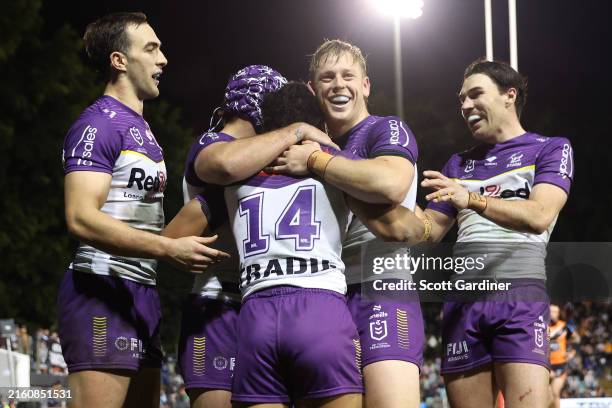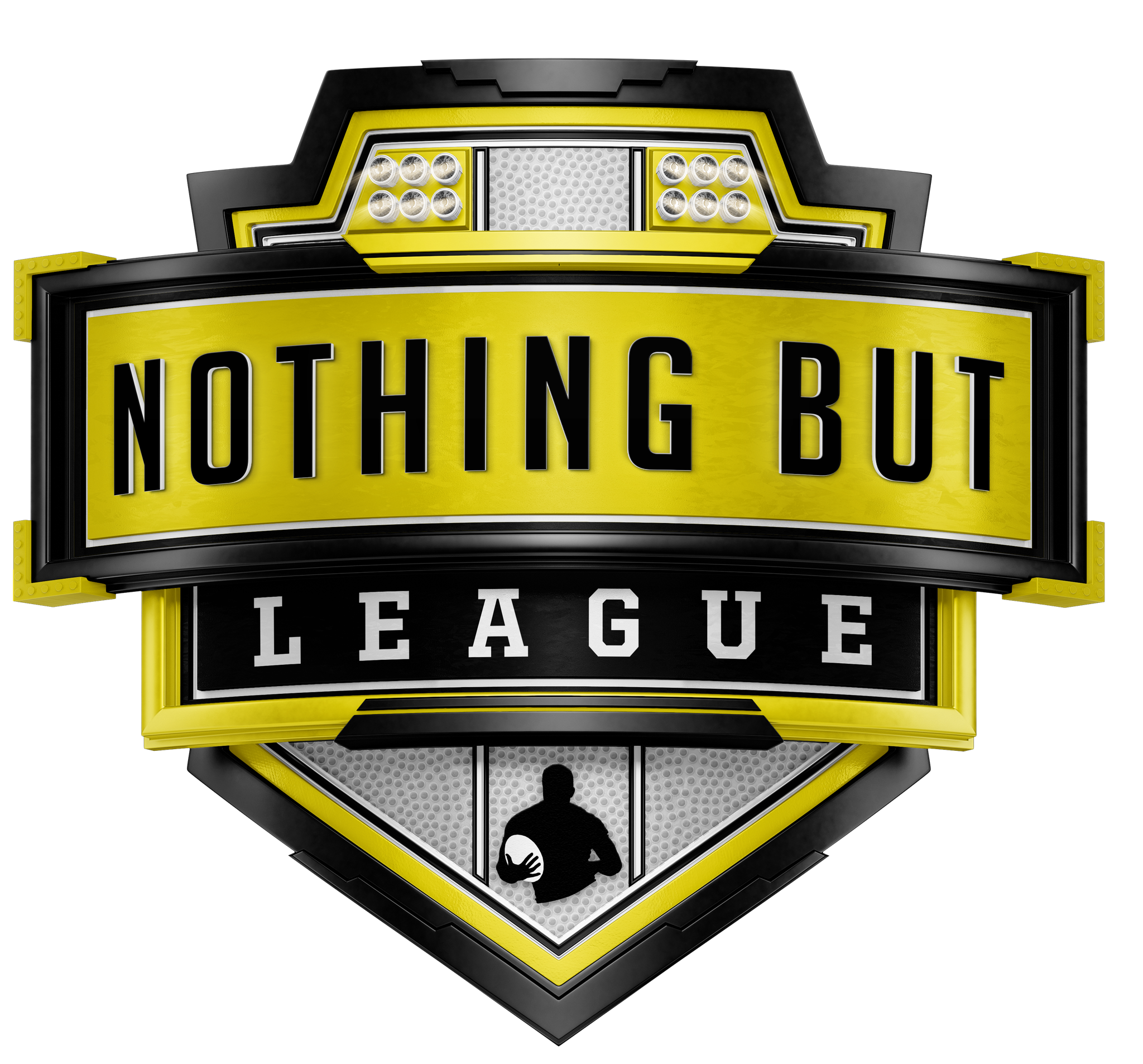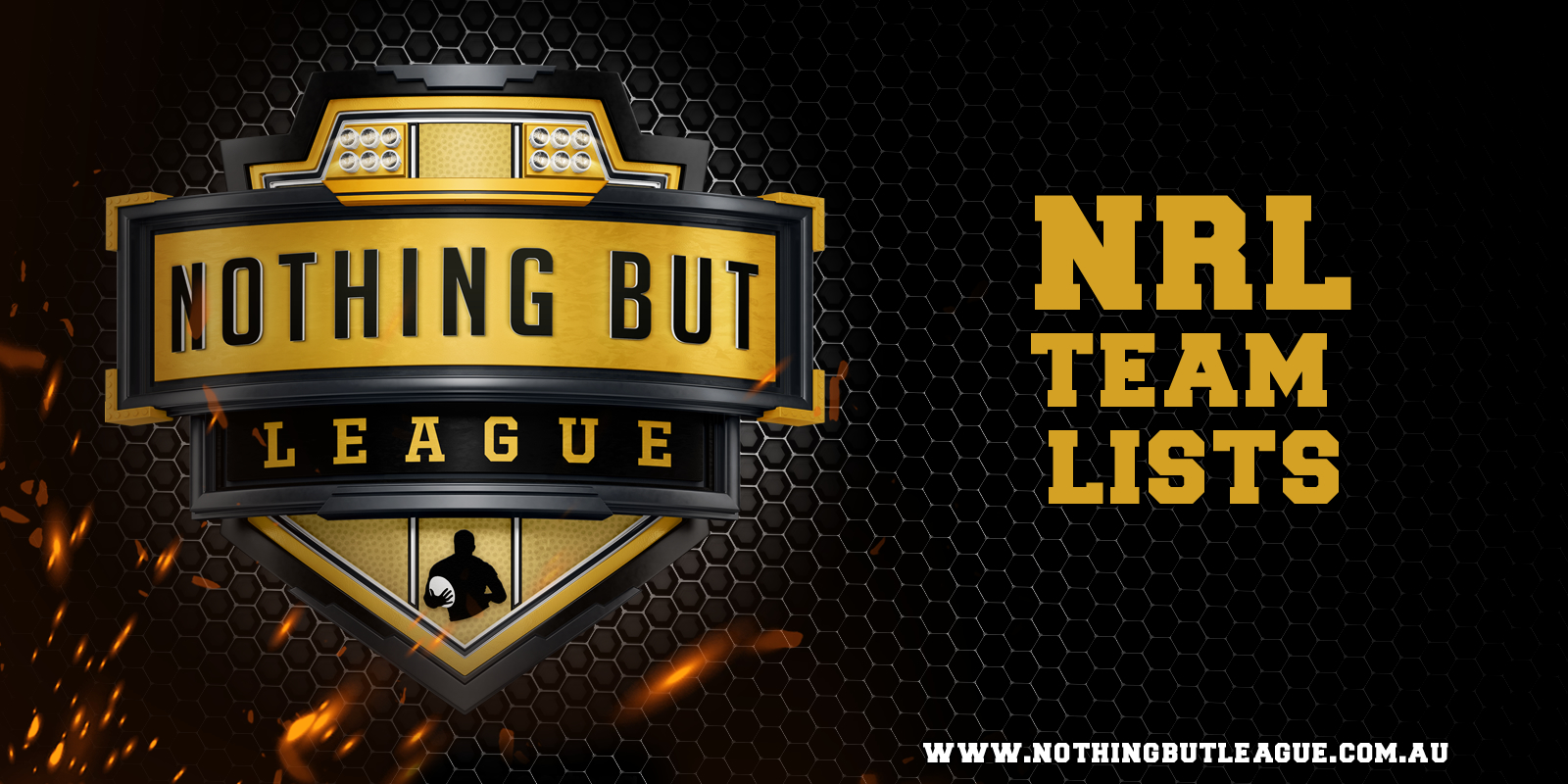If you’ve blinked at some point over the last few weeks, you might have missed the news that the Rugby League World Cup begins later this week. That’s right, Australia take on England in Melbourne on Friday night to kick off their title defence, but does the Australian public care?
The seasons have changed, the days are getting longer, and the Grand Final has come and gone. This can mean only one thing – rugby league season is done and dusted for the year. Until 2018 arrives, any and all talk about football will be put on the back burner and attention will turn to our summer obsessions: cricket, soccer, the beach and our backyard barbie.
It is no secret that international rugby league has been struggling for some time; its reputation has been damaged by the ‘defectors’ who have made a mockery of what international sport should be about – pride and passion in the jumper, its history, and all it represents.
Cooper Cronk, Cameron Smith, Billy Slater, even the likes of James Graham and little-known players like USA captain Mark Offerdahl, know what it means to represent their country; they cherish the moment at every opportunity and place it up there with the Origin victories and Grand Final triumphs of bygone eras.
Could you imagine Steve Smith suddenly deciding he’s had enough of the Baggy Green and would rather play across the ditch? What about if Roger Federer, one of the greatest sportsmen of the modern era, chose to jump ship and join up with arch-rival Raffa and the Spaniards. What would world tennis look like? How would the pundits react?
The falling out from any of the above scenarios would be far greater than what we have experienced in rugby league land over the last few months. The reasons for this are simple: international rugby league and the World Cup has long been the dog’s chew toy; the ultimate bartering tool for the respective boards; and a tournament that became a laughing stock so long ago we’ve barely questioned how farcical it has become today.
So when Andrew Fifita dropped the green and gold of Australia for the red and white of Tonga, we rejoiced through lack of caring when we should have been waving our fists in anger at the leniency of the rules that have sent the international game careering towards an early grave.
Then again, rugby league has always been about the battler that isn’t given a chance but somehow prevails against all odds. A working-class game deserves the kind of story that inspires the next generation and empowers an entire nation that rides the highs and lows of their team. Players like Fifita and Taumalolo can provide this for the minnows.
When the PNG Hunters players shed a few tears after lifting the Queensland Cup in September, Australian rugby league fans suddenly grew an appreciation for the international game.
It has been bashed up and thrown to the dogs so many times over the last decade that we’ve forgotten why we still bother to give it the time of day. Australia may dominate every tournament and, in doing so, chip away at the relevance and popularity of the World Cup, but little-known rugby league stalwarts like Mark Offerdahl of the USA are just pleased to put their nation on the rugby league map.
There are plenty of other sporting contests capable of stealing our attention here in Australia during the summer months, not least the Ashes, so the Rugby League World Cup may perish from our memories quicker than it arrived. But for nations like PNG, who have hostage rights for the first time in the tournament’s history and have poured more than $1 million into refurbishing its facilities, it might as well be the FIFA Football World Cup.
Lebanon will play in their first World Cup in 17 years when they take on France at Canberra Stadium on Sunday. To put this into some context, the last game they played at a world tournament came during the year of the Sydney Olympics. On that occasion, they were knocked out during the group stage, and finding their way back into the international fold has been a long and treacherous one filled with many setbacks.
Brad Fittler has already told his players that unless they learn the national anthem, they won’t take the field. Perhaps this was a dig at the players who have been gifted a position in the side through their participation in the NRL; perhaps it was out of respect for the players who have juggled a full-time job and training at some point during their careers to earn a belated international berth.
We here in Australia may take the Rugby League World Cup for granted, but we should seldom discount what it means to the players who aren’t thrust into the limelight for months at a time and paid by the truckload.
Australia should take out this World Cup in a canter; their class and experience is unrivalled competition wide. However, the side that holds the trophy aloft in Brisbane on December 3 will be far from the cup’s only victor.
When PNG took out the Queensland Cup, someone quipped that the country be given a public holiday. If this is the kind of reaction a local competition can garner, just imagine what a World Cup can do for the spirits of the nation and the growth of rugby league. One day, PNG might well be taking on the might of England or Australia in a World Cup final. If this is ever to happen, we must find a way to boost interest in this World Cup and any future editions. That is our duty as a host nation and one of rugby league’s forefathers.






